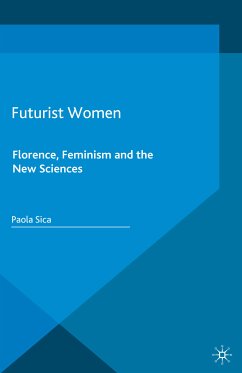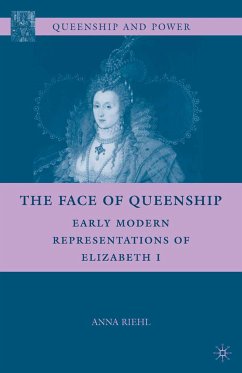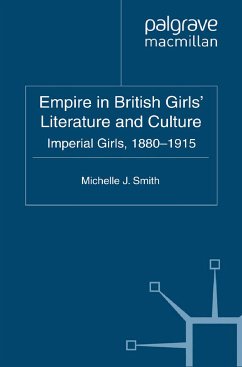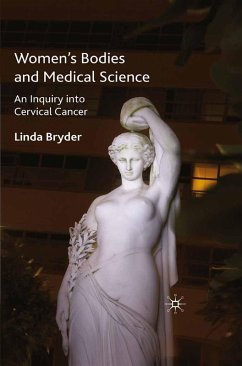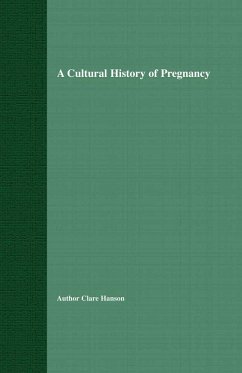
A Cultural History of Pregnancy (eBook, PDF)
Pregnancy, Medicine and Culture, 1750-2000
Versandkostenfrei!
Sofort per Download lieferbar
40,95 €
inkl. MwSt.
Weitere Ausgaben:

PAYBACK Punkte
20 °P sammeln!
Hanson explores the different ways in which pregnancy has been constructed and interpreted in Britain over the last 250 years. Drawing on a wide range of sources, including obstetric texts, pregnancy advice books, literary texts, popular fiction and visual images, she analyzes changing attitudes to key issues such as the relative rights of mother and foetus and the degree to which medical intervention is acceptable in pregnancy. Hanson also considers the effects of medical and social changes on the subjective experience of pregnancy.
Dieser Download kann aus rechtlichen Gründen nur mit Rechnungsadresse in A, B, BG, CY, CZ, D, DK, EW, E, FIN, F, GR, HR, H, IRL, I, LT, L, LR, M, NL, PL, P, R, S, SLO, SK ausgeliefert werden.




